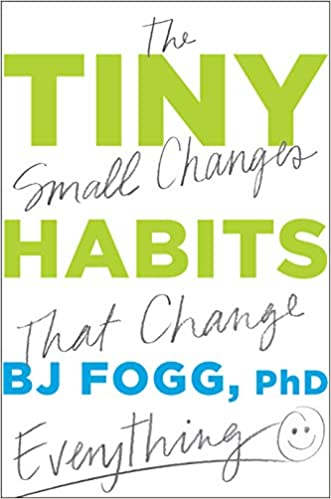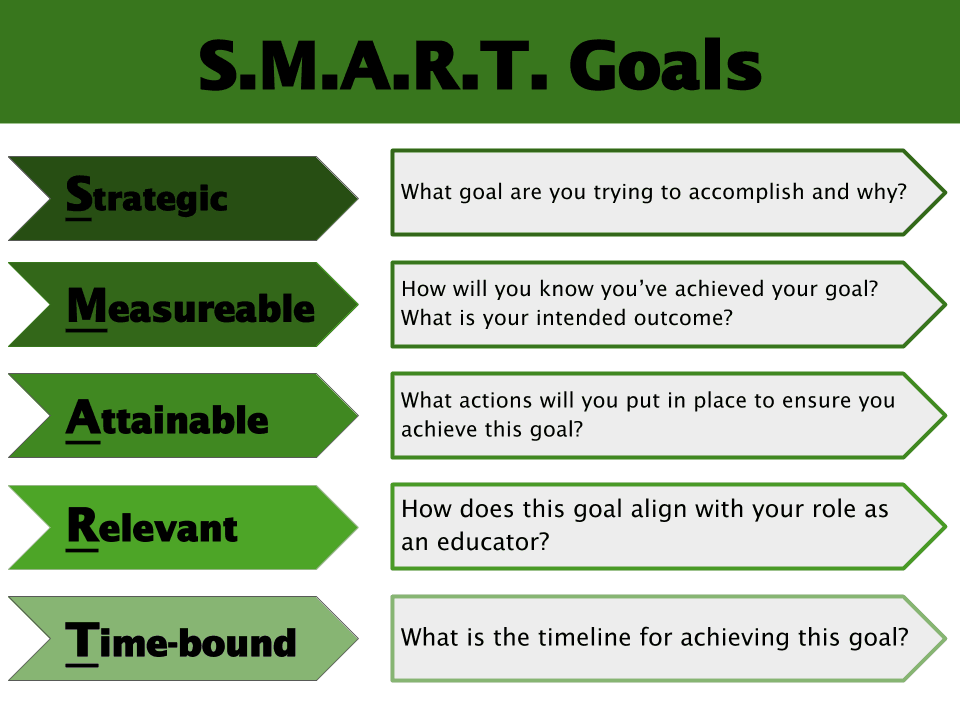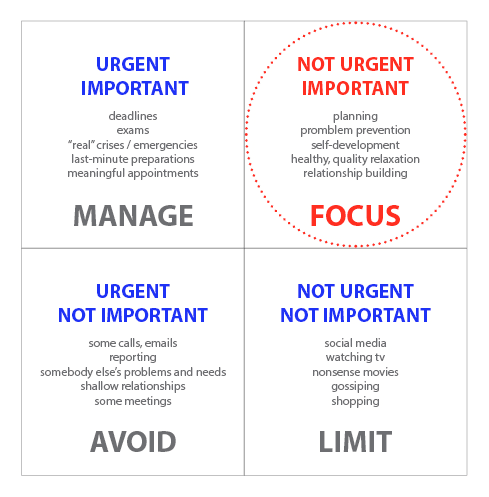There are no unrealistic goals, just unrealistic timelines.
It is that time of the year when we set new year resolutions, wishes, goals, expectations, re-order our priorities, change our routines, and pay more attention to our aspirational desires. A goal is a dream with a deadline, we all can achieve whatever we set our mind to achieve. Humans are the only animal that has that superpower to will anything they desire. We set goals at the beginning of the year such as exercising more, saving more, reading more books, nurturing our relationships, learning a new foreign language, the list goes on and on.
Whatever the mind can conceive and believe it can achieve – Napoleon Hill
By March, most of us begin to falter with our goals because the going usually gets tough, we got bills to pay, work deadlines to meet, children to raise, family responsibilities, etc. Most of us have the desire to achieve our goals but we have not developed the right strategies and techniques for achieving them. Here are 10 strategies that could help you in achieving your goals this year:
- Start with WHY
German Philosopher Friedrich Nietzsche once said, “He who has a strong enough why can bear almost anyhow.” It is not a matter of if, it is a matter of when. Whatever would go wrong would eventually go wrong (Murphy’s Law). When you are trying to achieve greatness, it is a roller coaster ride of ups and downs, the middle is usually messy, the trying times would always come. The key is to persist by remembering why you started in the first place.
The year was 2013 and I received the bad news of losing my closest cousin Aloma. I was shellshocked, devastated, and emotionally drained for a long time. During the early grief period, I saw an advert for an upcoming Marathon (Accra Milo Marathon 2013). The Marathon was three weeks away but I enrolled as I needed something to help with my mental health. I participated in my first Marathon as a result of grief and I finished around six hours plus. I ran, walked, crawled, limped, and eventually finished the race because of my Why (running for my deceased cousin). I since participated in 11 Marathons in 6 different cities (Accra, Cotonou, Lagos, Nairobi, Toronto, and Ottawa).
It is the same for any goal you have set for yourself this year, it is ok to falter once in while. Miss somedays, walk instead of running, crawl instead of speeding up, but don’t forget why you started in the first place. With a compelling WHY, you can deal with any obstacle that would come up eventually.
“He who has a strong enough why can bear almost anyhow.” – Friedrich Nietzsche
2. Start Small
Research shows that people are more likely to achieve a goal if it is subdivided into smaller goals. According to a 2017 study, Step by step: Sub-goals as a source of motivation by Szu-chiHuang et al – When individuals are initiating a goal and derive motivation primarily from the belief that the final goal state is attainable, the structure of sub-goals enhances the sense of attainability and therefore leads to greater motivation. Conversely, when people are completing a goal and the source of motivation centers primarily on the perception that their actions are of value, a focus on the overall goal (rather than sub-goals) heightens the perceived value of the goal-directed actions and leads to greater motivation. 1
“Behavior (B) happens when Motivation (M), Ability (A), and a Prompt (P) come together at the same moment.”

World-renowned Behavior Scientist at Stanford University and author of Tiny Habits: The Small Changes That Change Everything, Dr. BJ Fogg makes a strong case for starting small and setting small achievable goals. He writes:
We live in an aspiration-driven culture that is rooted in instant gratification. We find it difficult to enact or even accept incremental progress. Which is exactly what you need to cultivate meaningful long-term change. People get frustrated and demoralized when things don’t happen quickly. It’s natural. It’s normal. But it’s another way we’re set up to fail.
One tiny action, one small bite, might feel insignificant at first, but it allows you to gain the momentum you need to ramp up to bigger challenges and faster progress. The next thing you know, you’ve eaten the whole whale. 2
“The essence of Tiny Habits is this: Take a behavior you want, make it tiny, find where it fits naturally in your life, and nurture its growth. If you want to create long-term change, it’s best to start small.”
3. Set SMART Goals
SMART goals are Specific, Measurable, Achievable, Realistic, and Timebound. The SMART acronym outlines a strategy for achieving your goal. Your goals should be:

Instead of I want to read more book
SMART Goal: I read 100 books by December 31st, 2022
- Specific: I read 100 Books
- Measurable: 100 Books.
- Achievable: There are no unachievable goal, just unrealistic timelines. The 100 books goal is very achievable, you commit to reading two books per week for 50 weeks in the year. It is very doable.
- Realistic: Make sure your goals are realistic. Setting a goal to participate in an Ironman Triathlon when you find it hard to climb your condos ten story building is setting yourself up for failure.
- Time-Bound: Your goal need a time constraint as that would push you to achieve your goal. Remember, a goal is a dream with a deadline.
Experiments have shown that people with SMART goals are more likely to seize on the easiest tasks, become obsessed with finishing projects, and freeze on priorities once a goal has been set. “You get into this mindset where crossing things off your to-do list becomes more important than asking yourself if you’re doing the right things. 3
Living without clear goals is like driving in a thick fog. No matter how powerful or well-engineered your car, you drive slowly, hesitantly, making little progress on even the smoothest road. – Brian Tracy, Goals!: How to Get Everything You Want — Faster Than You Ever Thought by Brian Tracy.
4. Write down your goals
According to a study led by Professor Gail Matthews of Dominican University of California, people who wrote their goals accomplished significantly more than those who did not write their goals down. The study involved 267 participants recruited from businesses, organizations, and business
networking groups. Participants were divided into five groups: : Group 1- Unwritten
Goal; Group 2- Written Goal; Group 3- Written Goal & Action Commitments; Group 4-
Written Goal, Action Commitments to a Friend; Group 5- Written Goal, Action
Commitments & Progress Reports to a Friend.
At the end study, Matthews found that writing your goals down enhanced achieving it significantly. 4
“You will never change your life until you change something you do daily. The secret of your success is found in your daily routine.” – John C. Maxwell
5. Routinize your goals
As the Greek philosopher, Aristotle once quipped “We are what we repeatedly do, excellence then is not an act but a habit.” To increase the odds of achieving your goals this year, try to include your goals in your daily routine. For example, to listen to more audiobooks, you can listen to audiobooks when you are on the treadmill at the gym, when lifting weight or other activities like that. One of the best ways of achieving your goal is to include it as something you do on a regular basis. Read on your commute to work, listen to audiobooks in the gym, read a chapter before you sleep, listen to educational materials while driving, etc
“We are what we repeteadly do, excellence then is not an act but a habit.” – Aristotle
6. Prioritize your goals
I am often asked how I am able to read more than 100 books yearly, the answer is simple: Reading is a priority for me. I decided a long time ago to always strive to be a better version of myself daily by committing to lifelong learning. Hence my dedication to reading books daily, listening to audiobooks, listening to podcast among other activities. I challenge myself daily to read, think and relentlessly execute. A priority is something that is more important than other things and that needs to be done or dealt with first. Prioritization is the activity that arranges items or activities in order of importance relative to each other 5

If you don’t prioritize your goals, you would use your time on things that are less important. As German poet Johann Wolfgang von Goethe once remarked “Things that matter most must never be at the mercy of things that matter least.” If you don’t prioritize your time, you would fall inside someone else’s priority.
“I have two kinds of problems, the urgent and the important. The urgent are not important, and the important are never urgent.” – Dwight D. Eisenhower
7. Set Constraints such as Public Pressure/Accountability Partners/Commitment contract
Setup constraints for achieving your goals such as having an accountability partner, writing about your goals online, and sharing for public pressure, use a commitment contract with online tools such as Stickk. A Commitment Contract is a binding agreement you sign with yourself to ensure that you follow through with your intentions—and it does this by utilizing the psychological power of loss aversion and accountability to drive behavior change. 6
One of the fastest ways to bring accountability to your life is to find an accountability partner. Accountability can come from a mentor, a peer, or, in its highest form, a coach. Whatever the case, it’s critical that you acquire an accountability relationship and give your partner license to lay out the honest truth. An accountability partner isn’t a cheerleader, although he can lift you up.
An accountability partner provides frank, objective feedback on your performance, creates an ongoing expectation for productive progress, and can provide critical brainstorming or even expertise when needed. As for me, a coach or a mentor is the best choice for an accountability partner. Although a peer or a friend can absolutely help you see things you may not see, ongoing accountability is best provided by someone to whom you agree to be truly accountable. When that’s the nature of the relationship, the best results occur. 7
An accountability partner will positively impact your productivity. They’ll keep you honest and on track. Just knowing they are waiting for your next progress report can spur you to better results. Ideally, a coach can “coach” you on how to maximize your performance over time. This is how the very best become the very best. – Gary Keller, The ONE Thing: The Surprisingly Simple Truth Behind Extraordinary Results
8. Self Compassion
When the going gets tough like they often do, don’t beat yourself up for not achieving all your goals. Have compassion for yourself, be grateful for life, and always make sure you do your best. If you try to do your best most of the time, you would be fine eventually.
Everyone’s life is different, and we are all doing our best. “Our best” today may not be “the best there is,” but it’s the best we can do today. Which is strange. And yet true. And could draw us down into helplessness and isolation if we don’t stay anchored. And the way we stay anchored is with gratitude. 8
When we’re struggling, we may reach a point of oscillating between frustrated rage and helpless despair. Solution: Choose the right time to give up, which might be now or might be never; either way, the choice puts you back in the driver’s seat. – Burnout: The Secret to Unlocking the Stress Cycle by Emily Nagoski Ph.D. & Amelia Nagoski DMA.
9. Setup Reminders
To achieve your goals this year, set up reminders such as using timers, alarm clock, goal timers, the Pomodoro Technique. The Pomodoro Technique is a time management method developed by Francesco Cirillo in the late 1980s. The technique uses a timer to break down work into intervals, traditionally 25 minutes in length, separated by short breaks. Each interval is known as a Pomodoro, from the Italian word for ‘tomato’, after the tomato-shaped kitchen timer that Cirillo used as a university student. 9
Setting reminders allows you to remember your goals, the reminder could be a picture of your goal, a frame, wallpaper, etc. The more you see and are reminded of your goals, the more probable you can achieve them.
10. Review your goals daily, weekly, monthly, and yearly.
By constantly reviewing your goals daily, weekly, monthly, and yearly, you increase your chances of achieving your goals. The more you can review your goals, the better. By reviewing your goals, you can impress your goals into your subconscious mind and with time, you would be on autopilot.
A good plan violently executed now is better than a perfect plan executed next week. – General George S. Patton.
Achieving your goals and becoming great is not an easy task as we all find out yearly. it is not enough to set those lofty goals. You need to have a strategy for executing the goals. Anyone can set a goal of speaking a foreign language, what differentiates those that follow through and those that do not is persistence, consistency, and determination. Prior Planning Prevents Poor Performance.
All the Best in your quest to get Better. Don’t Settle: Live with Passion.



Comments are closed.